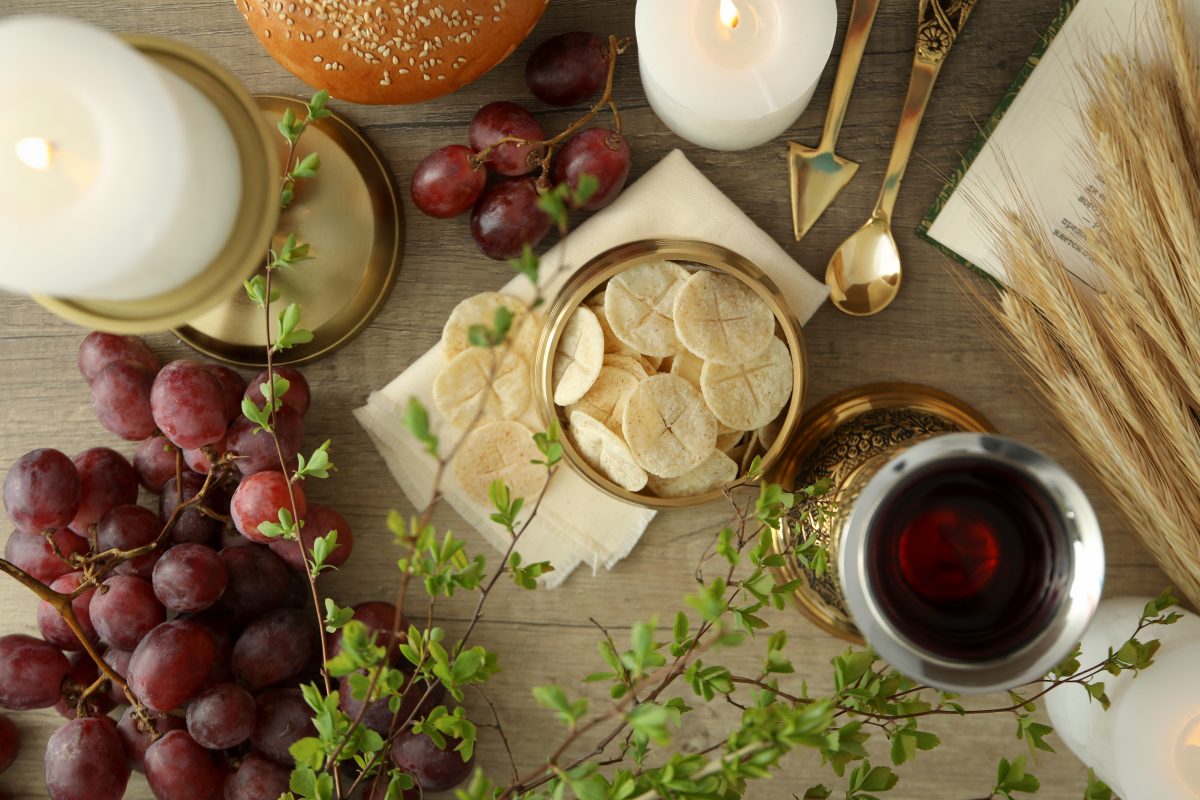
Dear GCI Family and Friends,
When we read through the Old Testament, we see many occasions where an altar was built. These altars symbolized meaningful encounters with God and were often places of sacrifice and communion with him.
Genesis is filled with examples of altars built by the patriarchs:
A place of sacrifice and thanksgiving — The first altar recorded in Scripture was built by Noah after he and his family left the ark. The Bible says the offering was a pleasing aroma to God, who responded by promising to never again curse the ground because of humankind (Genesis 8).
A place of promise, leading to covenant — We read about several altars that Abraham built, each seemingly with a different purpose, but all leading to the covenant God made with Abraham. Here are some places where he built altars:
-
-
- Shechem — Here the Lord first promised Abraham that his offspring would inhabit the land that was currently inhabited by the Canaanites (Genesis 12). This could be called an altar of hope.
- Mamre in Hebron — Abraham followed God’s lead and left his family land and went where God led him. Here God expanded his promise by promising Abraham that his offspring would own all the land he could see (Genesis 13). This could be called an altar of faith.
- Moriah — Here Abraham built an altar to sacrifice his son Isaac. Of course, God never intended Isaac to die and was confirming to Abraham that he was different than the pagan gods. He is a God who fulfills his promises. Here Abraham earned the name, friend of God (Genesis 22). This proved to be an altar of love.
-




Great commentary! Good perspective on our observance of the Lord’s Table.
Indeed the cross is our Grand alter. And we come to the alter to be altered. I love these revelations.
Great thoughts. thank-you
Thank you so very much
The altar where lives are altered by remembering, focusing on, Jesus. Freed from self and shame, we are able to relish our smiling Host’s meal, and give thanks. I love this! Thanks Greg.
Thank you for refreshing our thoughts regarding communion.
Merci de nous avoir apporté la signification et le symbolisme de l’autel.
The embodiment of God’s boundless love for each one of us and all humankind.
Thank you Greg. These are profound insights, indeed to “altar” and be “altared” brings great significance to who we are becoming.
As always, thank you Greg